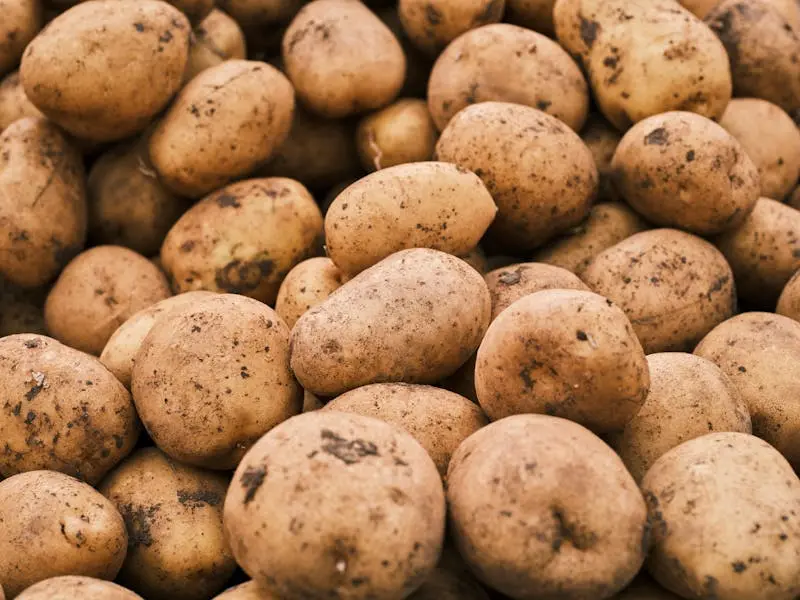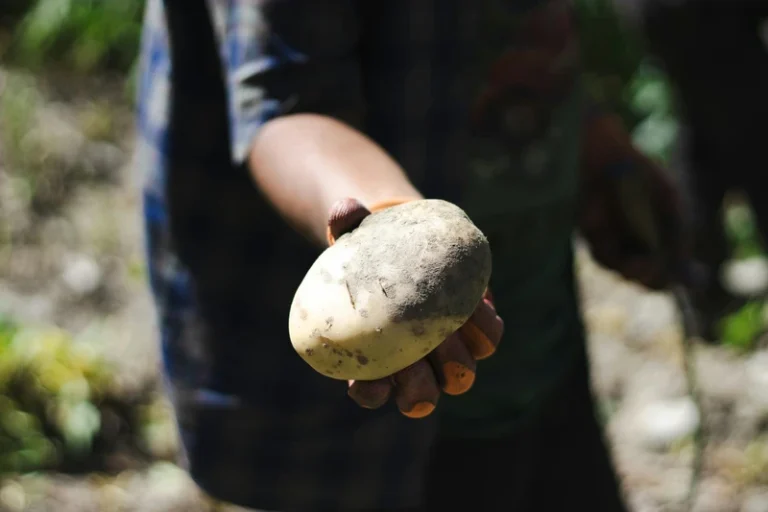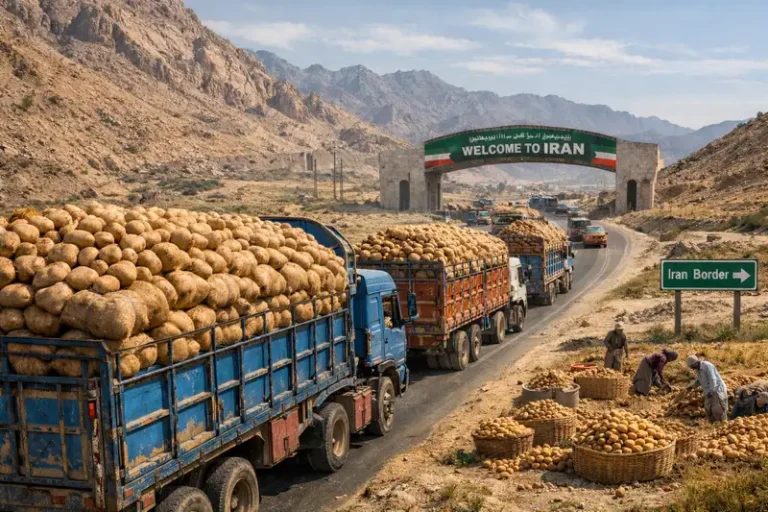Dhanuka Agritech Warns Potato Farmers About Early and Late Blight

Key Highlights:
- Dhanuka Agritech shares tips to prevent early and late blight in potatoes.
- Advises farmers to use certified, disease free seeds and balanced fertilisers.
- Recommends preventive fungicides for crop safety and higher yield.
- Encourages good field hygiene and moisture control during rabi season.
As the rabi season gets underway, potato growers in India are preparing their fields for planting. Potato is one of most valuable cash crops, but it also faces serious threats from changing weather and fungal diseases. To help farmers protect their crop and achieve better returns, Dhanuka Agritech has issued an advisory focusing on disease prevention and scientific crop care.
The company suggests that farmers should always begin with healthy, certified and disease free seed tubers. Medium sized tubers give better sprouting and uniform growth. Depending on temperature and region, best sowing period runs from mid October to mid November. The soil should be well drained and loose, with good organic content to prevent rotting and improve aeration. Farmers are advised to keep around 20–25 cm space between plants and about 60 cm between rows.
Also read: Global Potato Crisp Market to Reach USD 45 Billion by 2035
Healthy seed is base of a strong crop. Dhanuka Agritech stresses need to protect seeds from early infections like black scurf and scab. Seed treatment with suitable fungicides before planting can stop the disease at an early stage and promote better crop health.
Among the major threats to potato farming are early and late blight. These fungal infections thrive in cool and humid conditions and can quickly spread, affecting both yield and quality. To fight this, farmers are advised to begin preventive sprays soon after germination and continue as per scientific guidance. Using both systemic and contact fungicides helps control infection and provides longer lasting results.
Dhanuka recommends products such as Thiophenate methyl 38% + Kasugamycin 2.21% for seed treatment and Amisulbrom 20% SC, Mancozeb 75% WP or Carbendazim 12% + Mancozeb 63% WP for foliar sprays. Amisulbrom protects against late blight, Mancozeb works as a broad contact fungicide to stop spore germination and Carbendazim Mancozeb mix controls soil and seed borne fungal problems. Regular fungicide use, along with field cleanliness and crop rotation, can help reduce disease risk and maintain productivity.
Maintaining even moisture levels is key for tuber growth. Waterlogging should be avoided, as excess water can harm roots and promote rot. Drip or sprinkler systems can help supply water evenly. Balanced fertiliser use, especially nitrogen, phosphorus and potassium, along with organic manure, supports stronger plants and better quality tubers.
Biofertilisers like Mycorrhiza are also helpful in improving nutrient and moisture absorption, leading to stronger root systems and better yields.
Dhanuka Agritech provides a range of crop protection solutions, including eco friendly fungicides, insecticides and plant growth products. By following good farming practices, timely disease control and proper nutrition, farmers can protect their potato fields and secure higher income during the season.
With careful planning, timely protection and regular field care, farmers can manage early and late blight effectively. Dhanuka Agritech’s advisory reminds growers that preventive action, rather than late response, is best way to keep potato crops healthy and profitable this rabi season.
Source: Global-Agriculture
Image Credit: Pexels by Engin Akyurt
Recent Articles
Follow us to receive updates🔔






